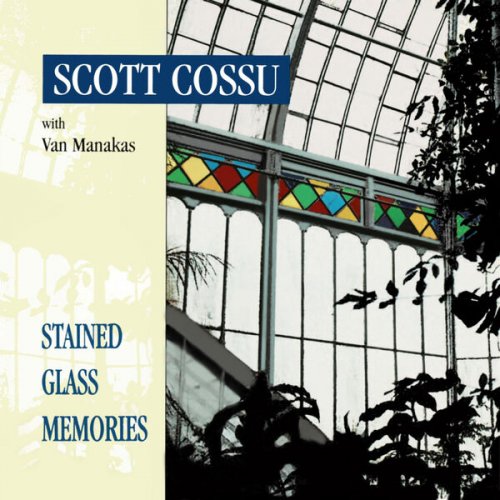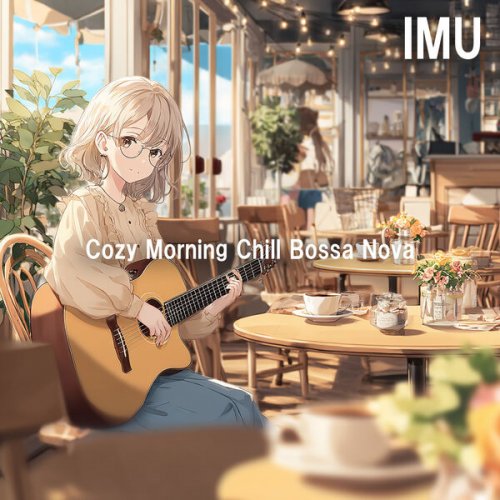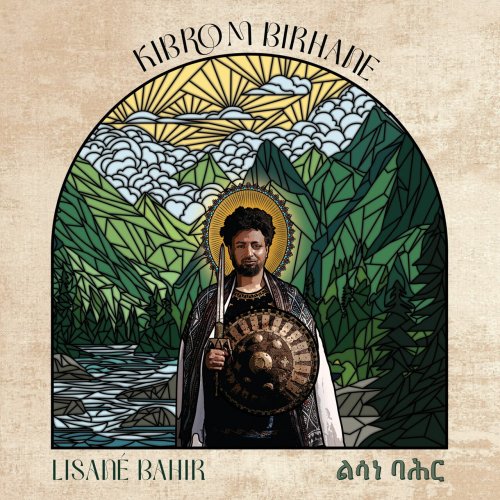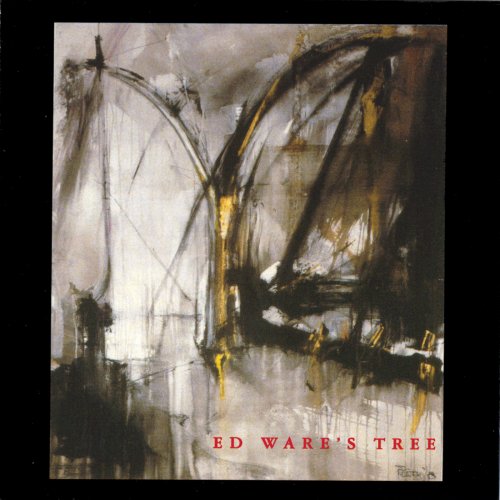Circus - Circus (Reissue) (1973/2001)
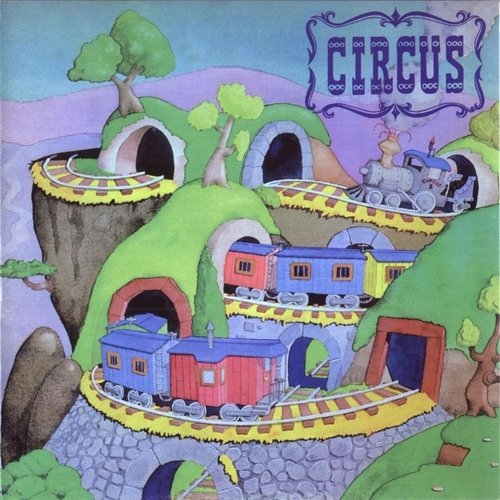
Artist: Circus
Title: Circus
Year Of Release: 1973/2001
Label: Gear Fab Records
Genre: Folk Rock, Blues Rock, Psychedelic Rock
Quality: Mp3 320 / Flac (tracks, .cue, log)
Total Time: 46:20
Total Size: 153/338 (scans)
WebSite: Album Preview
Title: Circus
Year Of Release: 1973/2001
Label: Gear Fab Records
Genre: Folk Rock, Blues Rock, Psychedelic Rock
Quality: Mp3 320 / Flac (tracks, .cue, log)
Total Time: 46:20
Total Size: 153/338 (scans)
WebSite: Album Preview
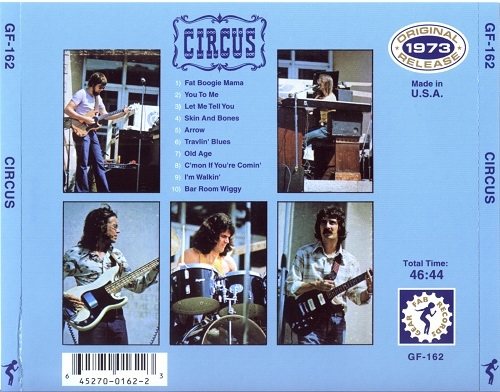
Tracklist:
1. Fat Boogie Mama (Fred Omernik) - 4:09
2. You to Me (Wayne Kostroski) - 4:21
3. Let Me Tell You (Randy Glodowksi) - 4:12
4. Skin and Bones (Ray Davies) - 3:53
5. Arrow (Randy Glodowksi) - 3:31
6. Travlin' Blues (Randy Glodowksi) - 2:45
7. Old Age (Larry Leishman, Duke Edwards) - 12:58
8. C'mon If You're Comin' (Brownie McGhee)
9. I'm Walkin' (Fred Omernik) - 3:19
10. Bar Room Wiggy (Randy Glodowksi) - 3:39
Brett Peterson - Vocals, Acoustic, Electric Guitars, Banjo, Dobro
Randy Glodowksi - Vocals, Acoustic, Electric guitars
Fred Omernik - Vocals, Piano, Clavinet, Organ, Synthesizer
Wayne Kostroski - Vocals, Bass
Ray Cyr - Drums, Congas, Percussion
Circus was yet another primary player on the superb Madison, WI, rock scene of the late 1960s and early 1970s, one that also included peers such as SOUP, Tayles, and Tongue. The band officially came together in 1969 as Sound Street in Stevens Point, WI, consisting of keyboardist Fred Omernik, bassist Wayne Kostroski, guitarists Gary Konkol and Randy Glodowski, and drummer Al Crowe. They played the usual bars, small clubs, and college dance gigs throughout central Wisconsin, developing their own special blend of hard, dual guitar-led blues-rock featuring distinctive four-part harmonies. By 1970 they had signed with North Central Productions and changed their name to Circus, as well as slightly altering the lineup. Ray Cyr replaced Crowe on drums, and the band moved to Madison to expand their territory and try for a record deal. They were soon making the rounds of the great bar circuit in town, playing regular dates at locales like Snoopy's, Dewey's, and the Church Key, while occasionally opening for local and national acts such as the James Gang, Rotary Connection, Ben Sidran, the Siegal-Schwall Band, Ted Nugent, and even blues legend Muddy Waters. They also played at Wisconsin's version of the Woodstock Festival, Iola Rock (also nicknamed "Woodtick Nation"), in 1971, sharing the stage with icons such as Ravi Shankar, Buddy Rich, and Iggy Pop. With the growth of their popularity, the band began traveling further afield to Florida, Colorado, Massachusetts, Maine, Georgia, and Tennessee, as well as the entire Midwest, showing up on the bill at bars, colleges, auditoriums, and even a river boat. The early '70s also found the band experimenting with synthesized sound, incorporating the Moog synthesizer and clavinet into their repertoire, and they were one of the first Wisconsin acts to utilize string and brass arrangements. Tragedy struck the band in 1972, though, when Konkol was diagnosed with a rare form of terminal cancer; he passed away the following year. They reluctantly replaced him with respected blues player Mike Richson and continued their nonstop touring, typically playing more than 300 dates a year. The chemistry with Richson was not ideal, however, and Gunnar Antell replaced him soon thereafter. Brett Peterson, in turn, took Antell's spot and proved the right match. Circus entered American Music Studios in 1973 with Corky Siegel in the producer's chair and recorded their sole, self-titled album. They toured the country in support of the album, which was well-received, particularly in the South, West, and Northeast. Jim Ash replaced Cyr in 1974, and Terry Knoll took Peterson's place on guitar the following year without slowing Circus down in the least. The band recorded a single in 1975 as well as a demo that was to be the basis for a second album, and continued its constant touring schedule, opening throughout the country for bands and artists such as Styx, B.B. King, the Raspberries, Hot Tuna, John Sebastian, and Bonnie Bramlett. No label appeared interested in backing the second album, however, so the band ended their seven-year run in November 1976.

![Tomasz Stańko - Rue de la Tour (Polish Radio Sessions vol. 5/6) (2025) [Hi-Res] Tomasz Stańko - Rue de la Tour (Polish Radio Sessions vol. 5/6) (2025) [Hi-Res]](https://www.dibpic.com/uploads/posts/2025-12/1765796463_cover.jpg)

![Cornelius Claudio Kreusch - Scoop (2025) [Hi-Res] Cornelius Claudio Kreusch - Scoop (2025) [Hi-Res]](https://www.dibpic.com/uploads/posts/2025-12/1765893706_folder.jpg)
